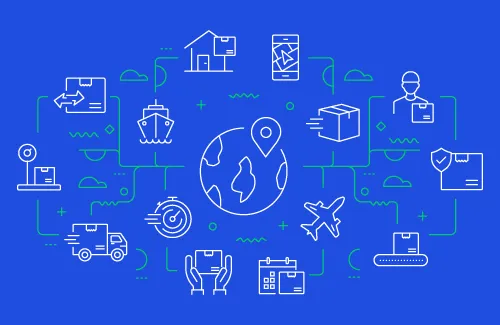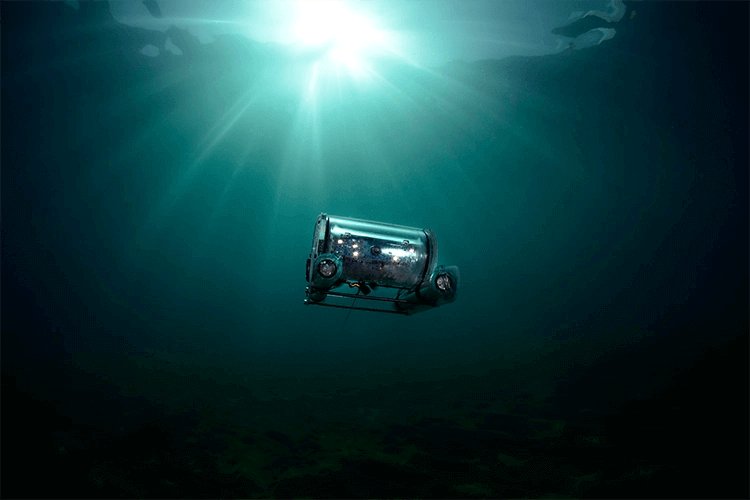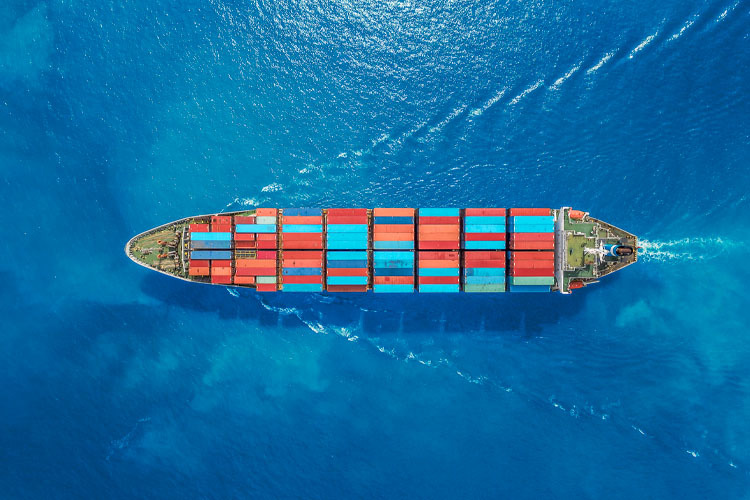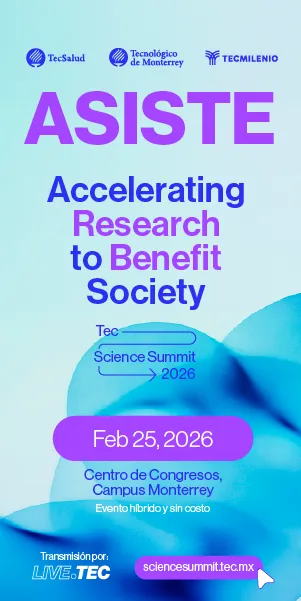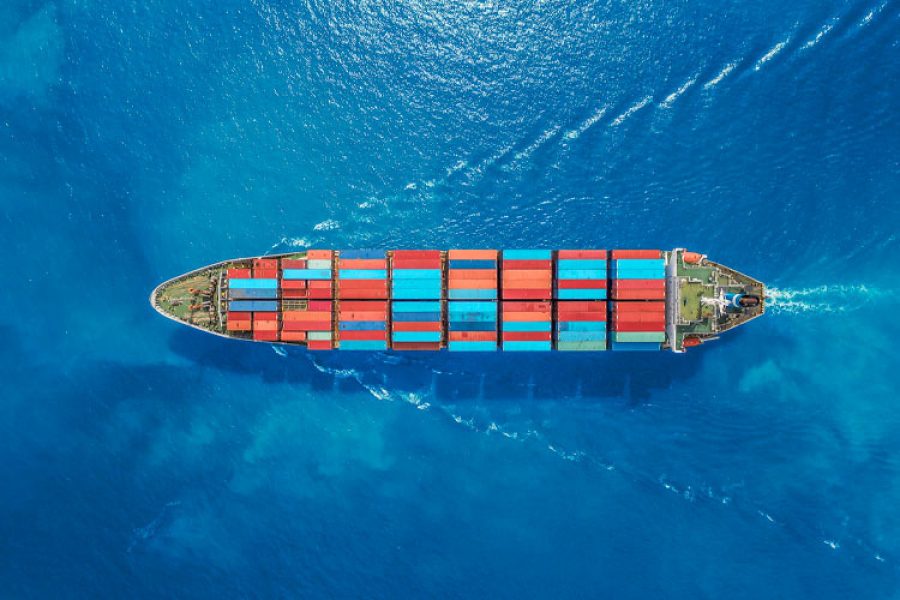By Federico Trigos and Carlos Mario Aldana
In recent decades, many large global companies have found suppliers in faraway places who offer a lower total cost, thereby converting logistics and international trade into a major field of study and work.
The COVID-19 pandemic and more recently the war waged by Russia on Ukraine have underscored the relevance of this low-cost strategy as a contingency measure. But how should we prepare for unforeseeable occurrences? And more importantly, will we have to accept higher total cost sourcing options to reduce risk? These are some of the questions global companies are wondering about nowadays.
What a complex problem! We have to dip into our toolkit when we have complex problems to solve. One of the first tools we should use is the transdisciplinary approach.
Transdisciplinarity tells us that if there is a solution to the complex problems of our time (or at the very least mitigation of their effects), it will most likely be a STEM (Science, Technology, Engineering, and Mathematics) product. However, to increase its chances of success, this solution must involve quantitative and qualitative sciences, take all stakeholders into account, and be implemented using administrative concepts geared towards sustainability.
Value Chain Impacts
Let’s use this approach to revisit the challenge of value chains. The concept of nearshoring springs to mind. This is a strategy in which an organization moves parts of its operation to places that, albeit in other countries (or federal states), are not too far away and are in similar time zones, which means less operational risk. Keeping this concept in mind, countries, federal entities (states, government departments, and so on), and even municipalities (or counties) have the opportunity to reevaluate their labor vocations.
Banking (particularly development banking) plays a leading role in the evaluation of labor vocations in a region (country, state, or municipality). By identifying these vocations and the position they currently or potentially occupy in global, international, or domestic value chains, it will have the opportunity to use loans to incentivize organizations to participate in the chains or strengthen the roles they play.
At a press conference at the Brookings Institution where he works, Ben Bernanke (Nobel Memorial Prize in Economic Sciences, 2022) explained that the idea for which he was awarded the Nobel Prize in Economics is that “the financial system may be an engine of economic activity” or it may “create major crises like the one we saw in 2008.”
Historically, value-chain orientation has been about service, quality, and time/cost efficiencies. This approach has adverse effects on sustainable development and climate change. That being said, how do we relate the efficiency of the value chain and its impacts on the environment to the financial system? According to Baid & Jayaraman, ESG (Environmental, Social and Governance) investments were valued at 40 trillion US dollars in 2021 and are expected to increase by 30% by 2025. Therefore, socially sensitive investors will be motivated to consider aligning social impacts with profitability criteria.
Transdisciplinarity for Economic Development
With all this in mind, the authors have developed a transdisciplinary credit allocation policy that enables a financial institution to exert significant influence on a sector of industries by taking into account certain goals (for instance, an increase in local household income, local supplier income, and so on) in the context of regional economic development (country, state or municipality) over a given planning horizon.
At its core, this policy has a sophisticated optimization model (a STEM product) to allocate credits, which takes into account the general public, banks, the business community, the workforce, suppliers (stakeholders) and so on, and is implemented using administrative concepts geared towards sustainability This policy is completely compatible with the Sustainable Development Goals (SDGs) set forth by the United Nations General Assembly in 2015.
If you would like to know more about this work, please read the article entitled “A transdisciplinary policy to maximize regional supply-links economic value through credit allocation“, published by the authors in the prestigious scientific journal Product Management and Development.
Authors
Federico Trigos. Research professor at the Tecnológico de Monterrey EGADE Business School. Member of the National Research System and the Mexican Academy of Sciences. Leader of the Business School Transdisciplinary Research Group on Value Chains and Global Opportunities. His area of interest is the development of sustainable quantitative models that promote optimal performance between organizations. (ftrigos@tec.mx)
Carlos Mario Aldana. Studying for a doctorate in administrative sciences at the EGADE Business School. His area of interest is the sustainable finance transdisciplinary approach. (A00787352@tec.mx)
